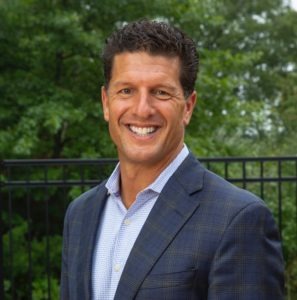Fall risk: Older adults safer when walking for pleasure rather than necessity
The purpose of a walk is associated with the likelihood of falling for an older adult, according to a new study from the University of Massachusetts Medical School.
“Older adults have two times the risk of falling while walking out of necessity than walking for recreation and four times greater risk of injury from a fall on a sidewalk than in a recreational area,” says Wenjun Li, PhD, associate professor of medicine in the Division of Preventive and Behavioral Health at the medical school and lead author of the study “Utilitarian Walking, Neighborhood Environment, and Risk of Outdoor Falls,” published in the latest issue of the American Journal of Public Health.
Li and co-authors at the Massachusetts Department of Public Health (DPH), Harvard Medical School and UMass Boston used data from the Maintenance of Balance, Independent Living, Intellect and Zest in the Elderly of Boston Study, which measured multiple attributes that might affect an individual’s risk of falling, to examine the association between the walking habits of older adults, the socioeconomic status of their neighborhoods and the occurrence of outdoor falls. They found that older adults in poorer neighborhoods do more walking for appointments or errands and experience higher rates of falls on sidewalks, streets and curbs. Falls on sidewalks and streets were more likely to result in an injury than were falls in recreational areas, despite the fact that the those walking on streets and sidewalks walked far less than recreational-only and dual walkers.
“These differences were not explained by individual factors, such as an elder’s health, leading us to conclude the environment may play a significant role,” Li says. “Further research will explore how elders interact with their environment and how to make neighborhoods safer for utilitarian walking.”
I Advance Senior Care is the industry-leading source for practical, in-depth, business-building, and resident care information for owners, executives, administrators, and directors of nursing at assisted living communities, skilled nursing facilities, post-acute facilities, and continuing care retirement communities. The I Advance Senior Care editorial team and industry experts provide market analysis, strategic direction, policy commentary, clinical best-practices, business management, and technology breakthroughs.
I Advance Senior Care is part of the Institute for the Advancement of Senior Care and published by Plain-English Health Care.
Related Articles
Topics: Activities , Rehabilitation











